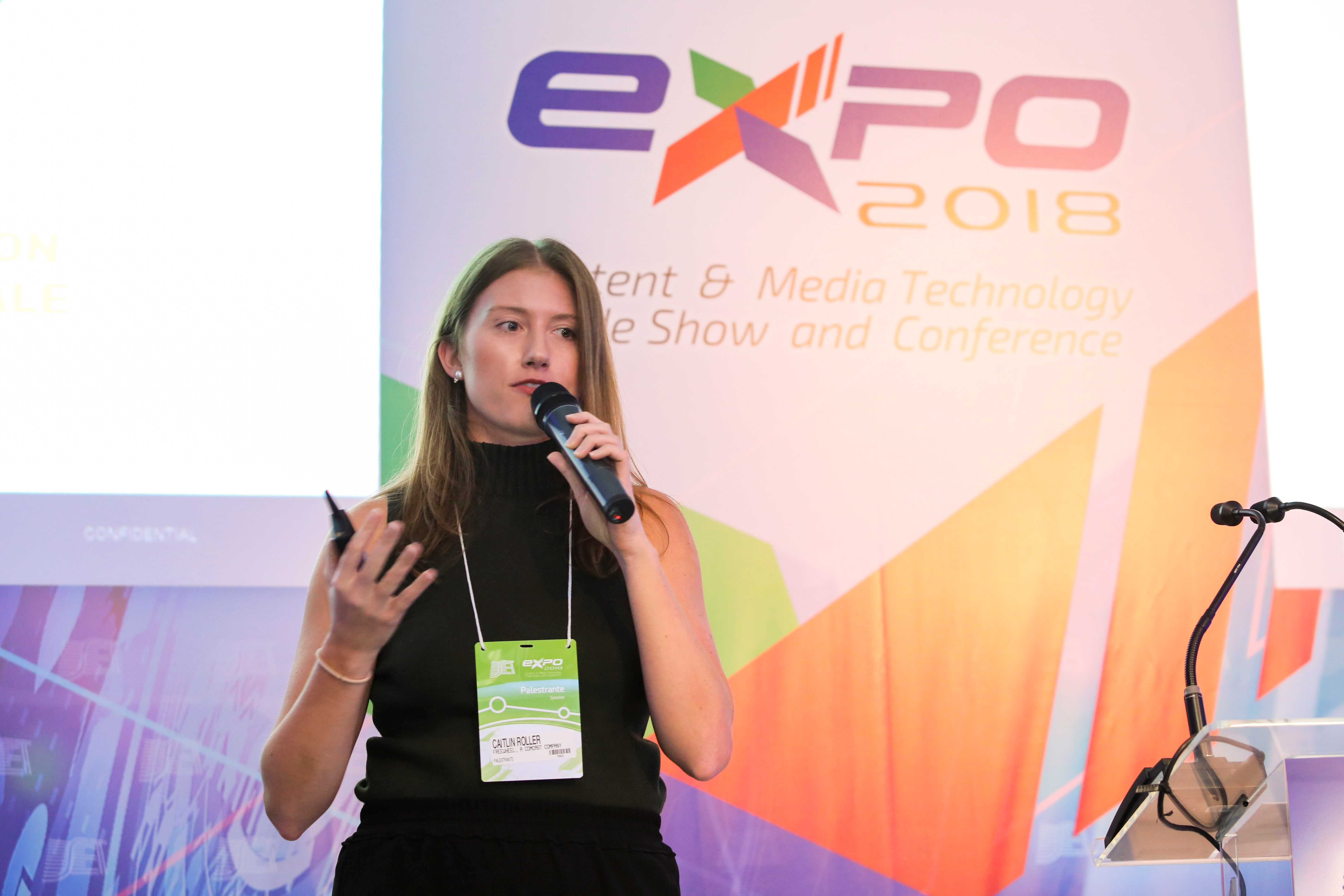
What is the future of advertising, given the changes in the way people interact with media? This was the topic of the first panel on Technology and Business at the 2018 SET Expo, discussed at a multiplatform event. Chaired by Carlos Octavio Queiroz, head of Partnerships and Architecture at the technology department of TV Globo, the discussion was joined by Guilherme Gomide, CEO of Mirum Brasil; Patrícia Alves, Media Account director of DPZ&T; and Caitlin Roller, Sales Development Manager of FreeWheel.
The main transformation covered, as was only to be expected, is the increase in the importance of digital media. “Over the last decade, digital has gone from being an extra, to playing a leading part”, Guilherme Gomide, of Mirum Brasil surmised. At the agency, the purchase of digital media has risen from R$ 40 million in 2010, to R$ 1 billion in 2017. “Today, 80% of our work is done on digital media”, Gomide reported.
Even with the popularity of the internet, nowadays used by 80% of Brazilians, television remains fundamental as a vehicle for advertising and strengthening brands. “Brazil is still a TV country”, Patrícia, of DPZ&T stressed. “A soap opera is capable of communicating with almost 40 million people simultaneously”. According to the Brazilian Census Bureau (Instituto Brasileiro de Geografia e Estatística, or IBGE), Brazilians spend an average of seven hours a day watching TV. Only 3% of Brazilian homes do not have access to it.
Although the prestige of TV remains high, the advance of digital media is the major driver of the market, imposing change on all relations in the sector. “Advertising will be increasingly marked by automation and the use of algorithms. Not only digital initiatives, but also the others, especially because combined on-line and off-line campaigns are gaining ground”, Queiroz of Globo pointed out. “Technology reduces friction in relations and facilitates purchases and sales”.
One of the challenges of the new scenario is to establish new workflows. “In the past, the agencies wasted much more time on campaign management. Today, the emphasis is on marketing strategy and data management”, said Gomide. The new scenario tends to consolidate collaborative platforms. “Different market intelligence companies are cooperating with each other to create common information and procedure bases for monitoring campaigns and measuring results”, said Caitlin Roller of US agency FreeWheel. “This would have been unthinkable in the past, but it has to be emphasized as a way of discovering the new ecosystem”.
For the debaters, digital has made the day-to-day of the market much more complex, but simplifies tasks for measuring objectives. “Clear metrics and digital tools make it easy to quantify for clients the return on investment (ROI)”, said Patrícia. As Queiroz pointed out, service providers will have to remain even more alert to the effectiveness of the impacts (proving that they were real, not the outcome of the actions of robots) and the security of the data collected, so as to avoid issues of improper use of public data.

